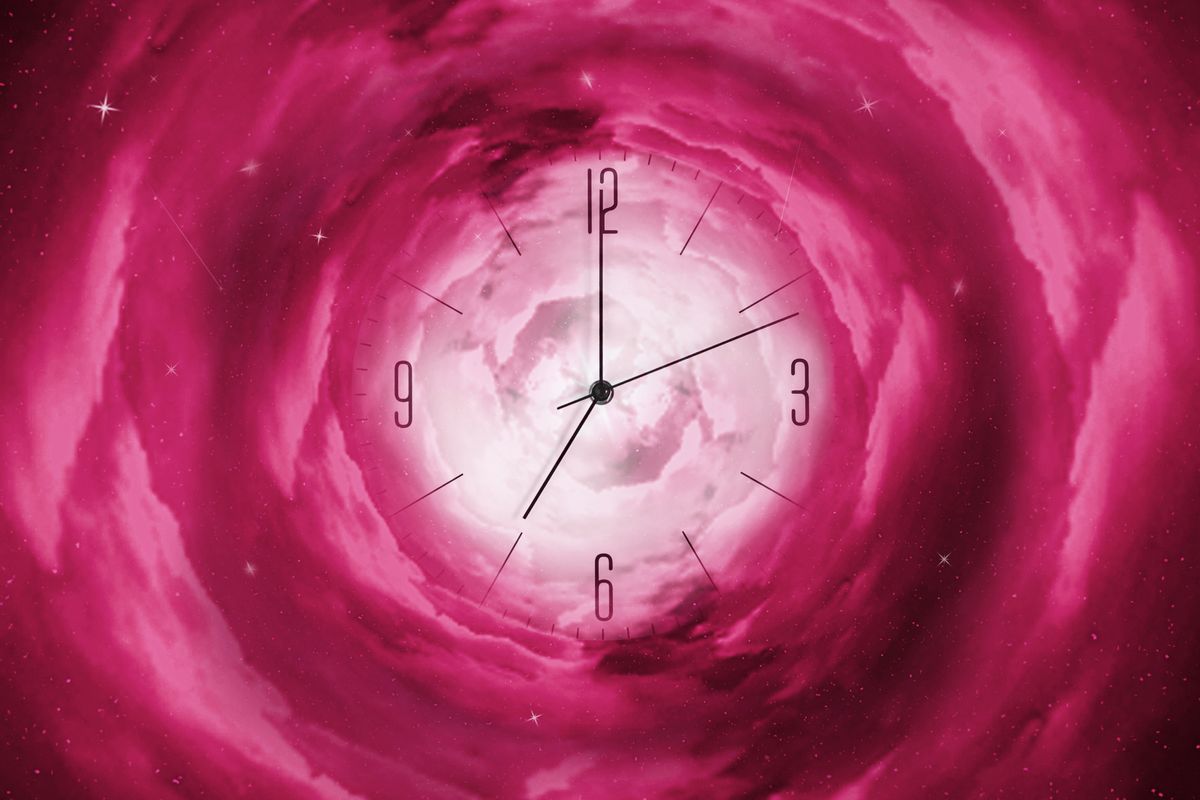Years from now, how will each of us look back on our time spent playing games?
“Fondly and with the opposite of regret,” is your answer, I’m sure, but no, I’m literally asking how—how will we go about reflecting on this? Where does the evidence that we lived a good gaming life, itself, live? Where’s my This Is Your Life of PC gaming?
Other than recording and archiving gameplay clips, the Steam hours-played page is one of the few good portals into the totality of your gaming history. You can get to it by clicking the “Games” link on the right column of your Steam profile page. Any hour you logged on Steam after March 2009, when Valve implemented the feature, is tabulated here.
It’s an odometer of our fun, a geological record of what we were passionate about. Here’s mine:
Two main takeaways, looking at this:
- As a result of CS:GO, I have no memory of 2013-15
- I get weirdly sentimental looking at this page and I don’t know why I care so much about its integrity
I think it’s normal and noble for us to want our time spent playing PC games to be meaningful in retrospect. My fellow editors seem to think so—when I brought up this idea, associate editor Ted Litchfield shared a memory of hunting down idlers in Team Fortress 2 surf servers out of spite. And associate editor Lauren Morton takes her game organization a step further than me, sorting her entire Steam library by hours-played, a thing I forgot you could do. Tyler Wilde admitted to using the hours-played stat as a kind of analytic prism for Rocket League opponents—what does it mean if they have way fewer hours than me, but they’re better at the game?
Minute by minute
I find myself obsessing over it like a trophy cabinet I can’t stop fiddling with. I’m bothered whenever I walk away from a game and leave it running for 10 or 20 minutes, knowing that it’s diluted the accuracy of this permanent record of PC gaming. I don’t mind playing games on the Epic Games Launcher, but it does sting to know that my playthroughs of Chivalry 2 and Darkest Dungeon aren’t neatly tabulated in the same place. (Chiv 2 just came to Steam last month and I’ve actually considered idling in it to try and “account” for that lapse, good god).
I check in on this page every few weeks, usually to confirm the impact of a recent game I’ve played and see where it falls. This year both Spelunky 2 and Hunt have claimed the #4 and #6 positions in my list, with the latter being one I played throughout 2021 before wrapping up.
There’s an element of vanity here, sure: it means something to call yourself a thousand-hour player of a multiplayer game. But I also think I fixate on this information because it’s one of the few visualizations (if you can call it that) of personal data I have as a gamer. Achievements are no longer the fun time capsule I thought they would be when they were introduced circa 2005. Steam hasn’t debuted a “year in review” personalized graphic made popular by Facebook and Spotify, an irresistibly sharable social media gimmick that Xbox, Nintendo, and PlayStation have copied. Even Ubisoft, oddly enough, draws on data and achievements recorded in its proprietary launcher, to deliver personalized stats videos “that are hilarious if you haven’t spent much time playing Ubisoft games,” staff writer Chris Livingston told us in 2020.
Hours-played is the closest thing I have to an objective measurement of how much I valued these games. Obviously it’s a page that biases toward multiplayer games and service games that are played across dozens of sessions. Scrolling down my own page feels like examining tree rings. Little epochs reveal themselves: my milsim period, my forays away from FPSes into turn-based strategy, that summer I spent in Stardew Valley co-op, my slog through Phantom Doctrine when I reviewed it four years ago.
Our experiences playing games are fleeting. And for as data-friendly as Steam seems to be as a platform, it could do a lot more with players’ playtime history as we and our collective accounts age. I’d also accept a third party solution like Steam Calculator—steamtime.info was doing something with user playtime at some point, but it appears to be broken.
